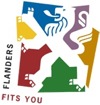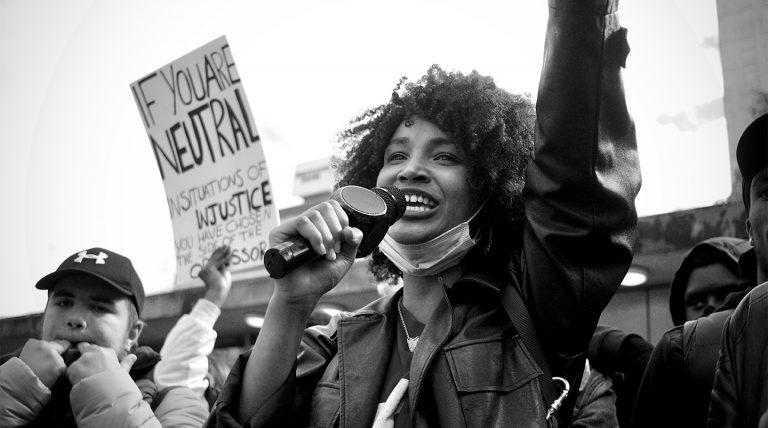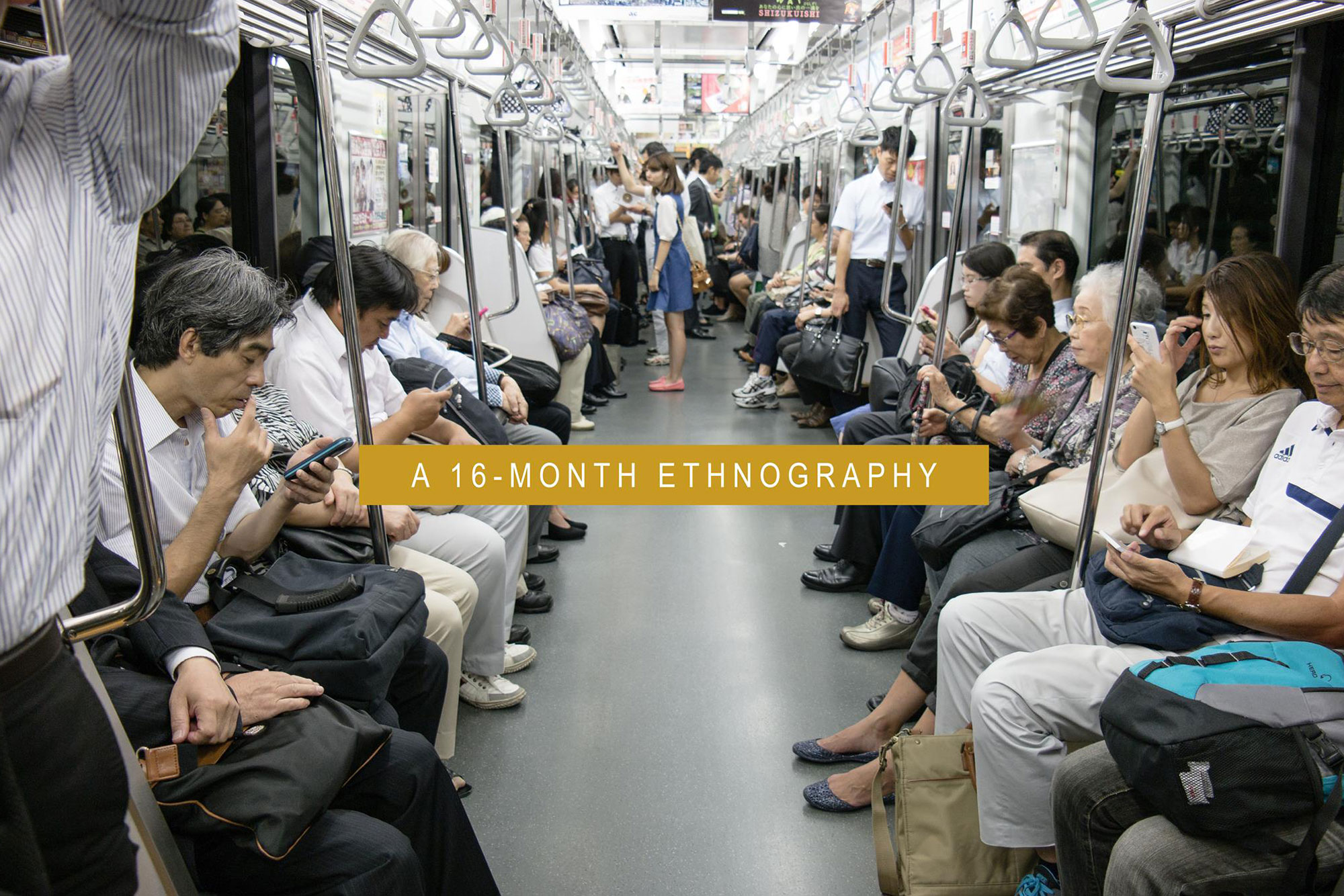Participatory diplomacy in Flanders
The region, which has some foreign embassy staff but no foreign embassies, is in the process of shifting from “a state-centred hierarchical or policy-driven model of foreign relations towards a network or more dialogue-centred relations-oriented mode” (as described in a research paper on the matter).
Now Flemish government officials are also starting to involve people like me, that is Flemish people who moved abroad. I translate from an online survey that I was asked to compile:
Public diplomacy, i.e. ‘involving’ public opinion abroad in foreign policy making (through information and discussion), is gaining increasing attention within the Flemish Government. The Flemish Minister of Foreign Policy Geert Bourgeois recently emphasised the potential role of foreign expats living in Flanders in the development of new initiatives.
The role of Flemish people living abroad is not yet formally on the agenda. But the idea is growing that non-state actors, such as Flemish people abroad, could play a role in creating awareness on the foreign policy and the image of Flanders among a foreign population.
But does “Flanders fits me”, as their new slogan tells me it should? It remains to be seen to what extent we are what those officials think we are or want we are. For one, I don’t share the rather radical Flemish agenda that Minister Bourgeois’ political party advocates. In fact, most people who move abroad tend to feel more Belgian after a while rather than Flemish, as the (small) cultural differences between the communities often seem particularly minute compared to the many similarities, once you start looking at it from abroad. I have not lived in Belgium since 1994, and many things have changed there that I am not fully aware of anymore. If Italians ask me to explain the difficulties in forming a government or to describe why there is such animosity between the Dutch and French speaking communities, I often feel at a loss because I don’t understand it myself.
This of course all relates to a deeper cultural issue: after years of living abroad one assumes multiple and overlapping identities, and it becomes more and more difficult to hold on to just one. This applies by the way also to immigrant communities. In essence, I have become a bit of Belgian, a bit of American, a tiny bit of Danish and a bit of Italian, as I have lived in all these countries, and in the end I just say that I am Mark, not a nationality. The problem of course is that the original population does not see you that way: I am considered very Belgian or Flemish when I visit my country, and people here in Italy also view me as a Belgian, not as someone with a more hybrid identity.
One thing I have become good at is understanding how others view Belgians, and why, and how Flemish or Belgian people can use that to their benefit. So perhaps my role in this whole initiative is not so much in “creating awareness on the foreign policy and the image of Flanders among a foreign population” but in creating awareness among the Flemish decision makers on how the foreign population thinks of them and how such insight can be employed in a useful way.
If you are interested in what is going on in Flanders, check this new multilingual website (English, French and German), and if you enjoy reading up on regional foresight exercises, this summary of the Flanders 2020 initiative (pdf, 4 mb) will appeal to you.




